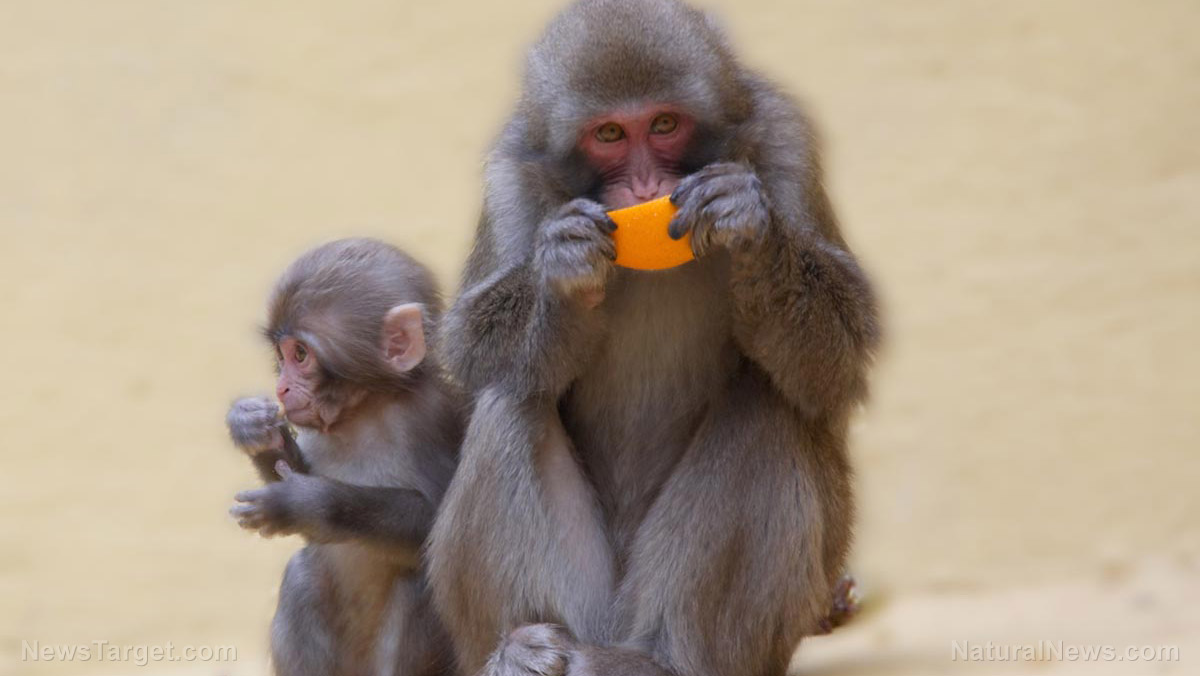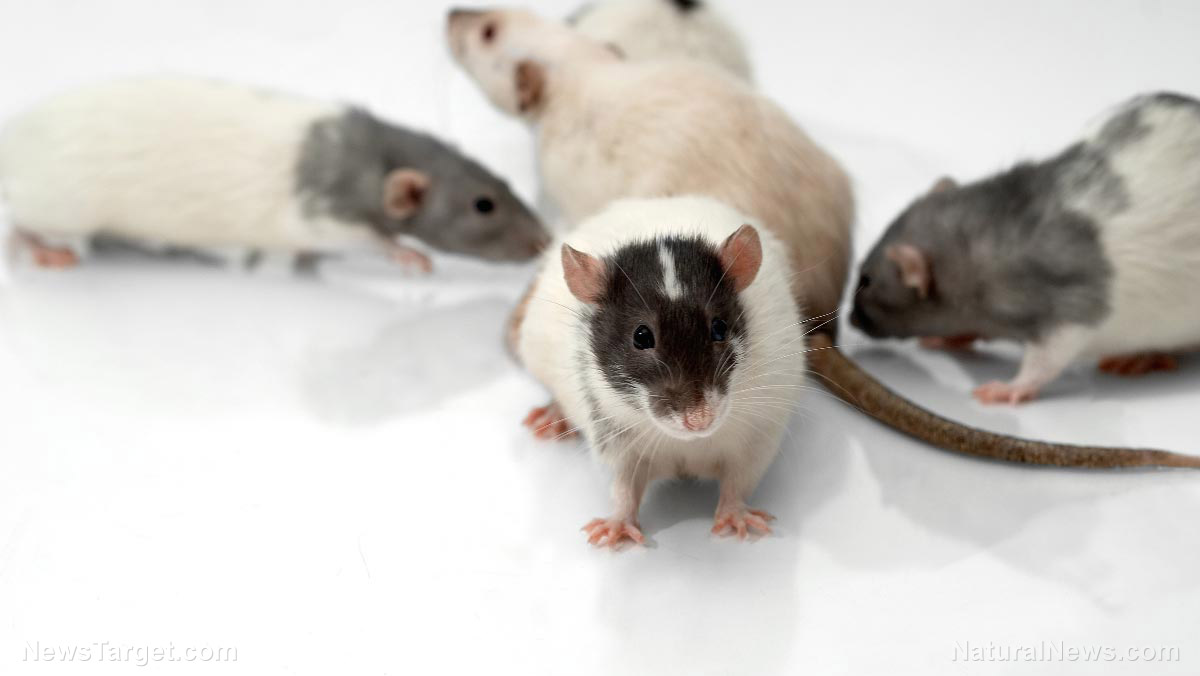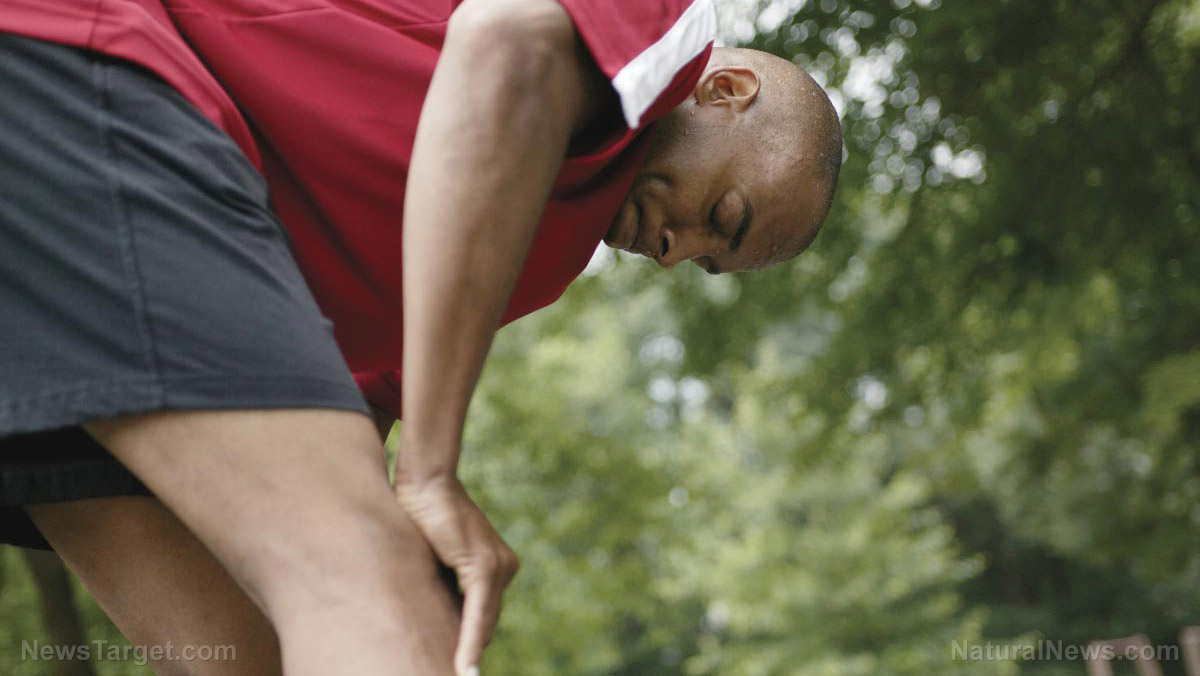If you are planning a trip to Indonesia, better watch out for the monkey mafia roaming around the Uluwatu Temple in Bali. These cheeky little monkeys are among the world’s best pickpockets. They grab glasses, cameras, and cash from tourists which they then try to “sell” for some food to other people. Pretty genius and effective of them. A hat for a cracker is a sweet deal for a monkey.
Researchers from the University of Liège in Belgium were the first to study this cultural behavior among animals. Their findings were recently published in the journal Primates. They believe these monkeys have developed amazing cognitive abilities, similar to humans, the Daily Mail Online reported.
“The monkeys were always trying to steal my hat, my pen, even my research data,” said primatologist Fany Brotcorne who led the study.
Dr. Brotcorne explained that these primates are able to learn by watching one another. This once again shows how small the barriers between us and other nonhuman animals are. These findings add more weight to the evidence that humans are not the only conscious living things on our planet, although many of us like to think so.
“We see ourselves as unique in the natural world, sometimes forgetting there are other sentient creatures who are on a path to greater consciousness as well,” wrote Christina Sarich for the Waking times.
Yes, animals think, feel empathy, and have consciousness
In a landmark book titled “Beyond Words: What Animals Think and Feel” Carl Safina, a marine conservationist and professor at Stony Brook University on Long Island, offers a unique view on animal behavior that challenges the scientific orthodoxy. His views on the similarity between human and nonhuman consciousness, self-awareness, and empathy lead us to re-evaluate how we interact with other animals.
He wrote: “There is in nature an overriding sanity and often, in humankind, an undermining insanity. We, among all animals, are most frequently irrational, distortional, delusional, worried.”
Competition is the law of the jungle. Only the strong and smart survive. Footage of animals learning to use tools to their advantage or show empathy is nothing new to the natural world. Therefore, it should come as no surprise that these monkeys have mastered the skill of picking someone’s pocket in return for food. What’s more, they have been doing this for years, passing this handy skill from one generation to another. Never underestimate the brain of animals.
Free monkey market capitalism — could we learn something here?
Unlike humans, these monkeys, however, have not learned that stealing is wrong. They provide goods and you’ll give them food in return. Nature is a free market, right? Though there is some room for improvement, their economic and social system is working just fine without any government interference. Could we learn something from the free market capitalism of these monkeys?
Just like these monkeys, humans are in an excellent position to collaborate and build social and economic orders based on cooperation rather than violent exploitation by governments and multinationals. Though there are a few reasons why our free market system is broken — with government interfere and irrational decisions of people playing key roles — some researchers believe free market capitalism, not government control, can make health care, among other things, more affordable and efficient.
According to these researchers, there is only one way to create more affordable health care: Get rid of government control and consolidation of physician services while creating more competition in the marketplace. Many believe this is an idea that would not only work to improve health care but the entire economy.
A free economic and political system in which a country’s health system, trade, and industries are controlled by open markets and consumers, rather than by governments, price-setting monopolies, or other authorities, is a system we should all strive for. Don’t you think?
Sources:
DailyMail.co.uk
WakingTimes.com
RD.Springer.comPDF
NaturalNews.com
NYTimes.com
We will respect your inbox and privacy




















